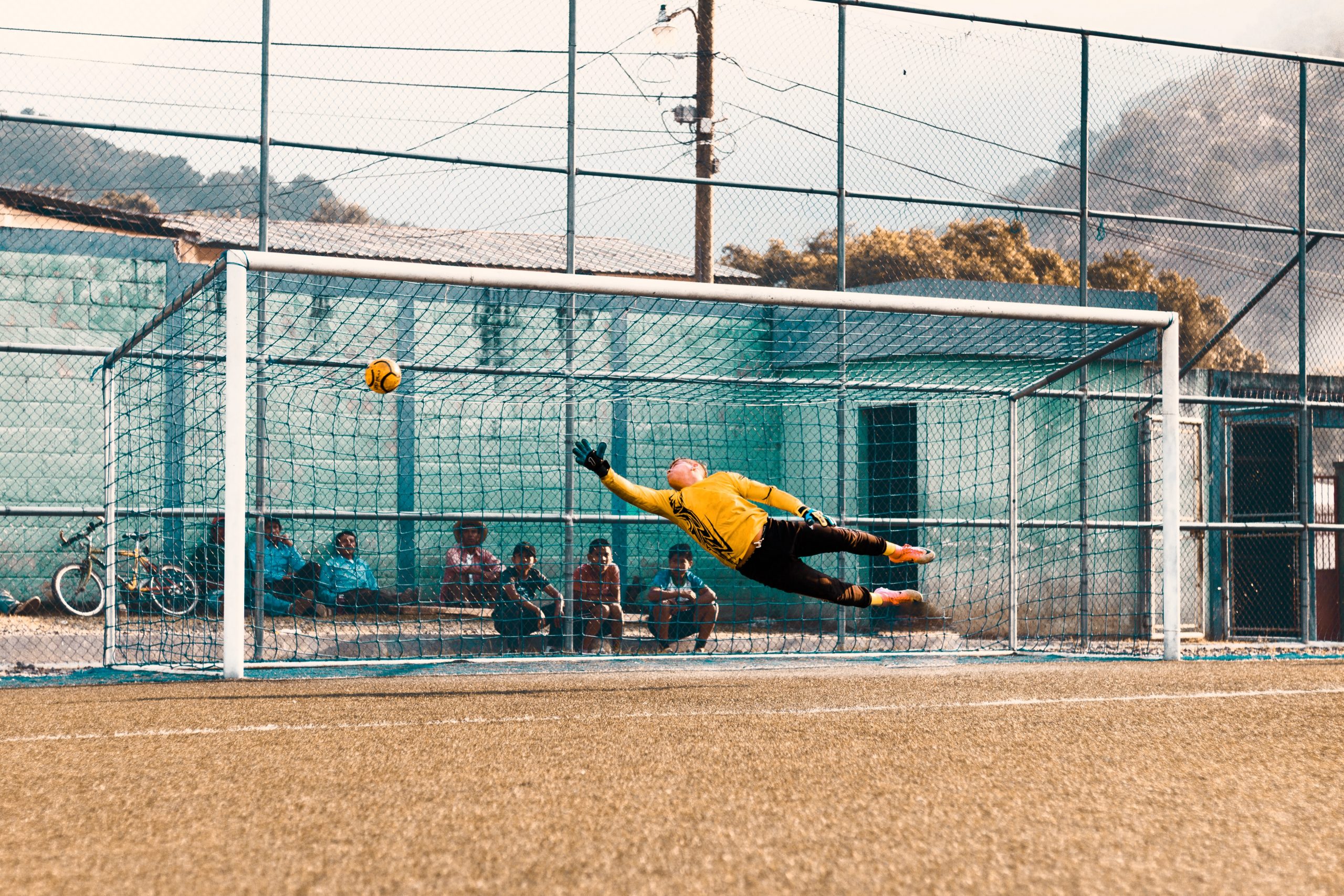Video Game May Help Detect Early Gait Impairment in Parkinson’s Patients

The Goalkeeper Game, a video game in which people assume the role of a goalkeeper in a soccer penalty shootout, may be a novel tool to detect early decline in gait performance in Parkinson’s disease patients, helping them receive treatment sooner, a study suggests.
The test is designed to non-invasively assess the gait of Parkinson’s disease patients under complex conditions — such as climbing stairs or walking over an obstacle — and was better at predicting a decline in gait performance in those situations than the well-established Montreal Cognitive Assessment (MoCA) test, which assesses cognitive decline.
The study, “Goalkeeper Game: A New Assessment Tool for Prediction of Gait Performance Under Complex Condition in People With Parkinson’s Disease,” was published in Frontiers in Aging Neuroscience.
Patients with Parkinson’s disease usually are diagnosed based on the presence of classical motor symptoms. However, there is an earlier phase — called the prodromal phase — in which signs and symptoms of the disease are present, though still insufficient to make a definite diagnosis.
Identifying patients in this prodromal phase would ensure they receive treatment early, before their disease progresses to more advanced stages and significantly affects daily activities.
The motor and cognitive decline seen in Parkinson’s patients often leads to gait impairments, and appears to be present already in the prodromal stage. In particular, gait “under-challenging” conditions — such as avoiding or climbing obstacles, adapting gait to unexpected targets, etc., — requires a higher interplay between cognitive and motor processes, and is more affected in Parkinson’s patients than the action of simply walking without obstacles.
That is why detecting early decline in gait performance under complex situations may help diagnose the condition earlier and make sure that patients receive timely treatment.
A team of Brazilian researchers explored whether a video game — the Goalkeeper Game — could predict gait impairments under complex conditions in people with Parkinson’s, and subsequently enable early therapeutic interventions.
The game requires that players guess the position of the goal where the ball will go (left, right, or center) and is expected to mimic the decision-making process required for unexpected obstacles during walking.
The game consists of three phases, each evaluating distinct motor or cognitive components. First, patients are told the shooting direction and need only to select the correct direction; no decision-making is required. Then the learning phase requires them to identify the correct sequence of shooting directions, which has higher cognitive demand.
Finally, the third phase is designed to evaluate attention and memory, as patients are asked to memorize the sequence of shooting directions presented on a screen before starting the game.
The study included 74 Parkinson’s patients without dementia, who played the Goalkeeper Game 40 to 120 minutes after their L-dopa (levodopa) dose (“on” period). They also underwent assessments with the MoCA test — a tool used routinely to evaluate cognitive decline in Parkinson’s patients — and the Dynamic Gait Index (DGI).
The DGI evaluates not only walking without obstacles, but also more complex abilities like walking while changing speed, walking while moving one’s head vertically and horizontally, and walking while stepping over an obstacle.
MoCA has been used to assess impairments in patients’ abilities to adapt gait to obstacles, and its ability to predict declines in gait performance in more complex situations — or DGI scores — was compared with that of the video game.
Researchers found that scores in the memory phase of the video game were strongly associated with DGI scores, meaning that patients who got more responses wrong in the memory phase had higher gait impairment in complex situations. MoCA, meanwhile, was associated only moderately with DGI scores.
While the video game was able to predict which patients had high or low DGI scores with a 65% accuracy, MoCA’s accuracy reached only 56%.
“The main finding of this study is that [Goalkeeper Game] had a slightly higher predictive power for decline in gait performance under complex situations than MoCA,” researchers wrote, adding that a free and friendly game such as this may help detect early decline in gait performance without the need for expensive screening tools.
Additional studies, they noted, are warranted to validate this tool as a potential marker of early gait decline in Parkinson’s patients.






